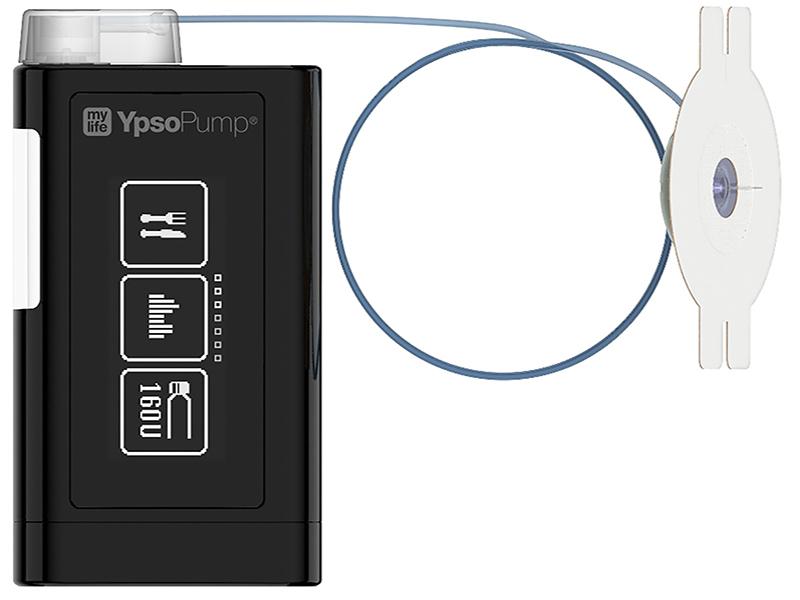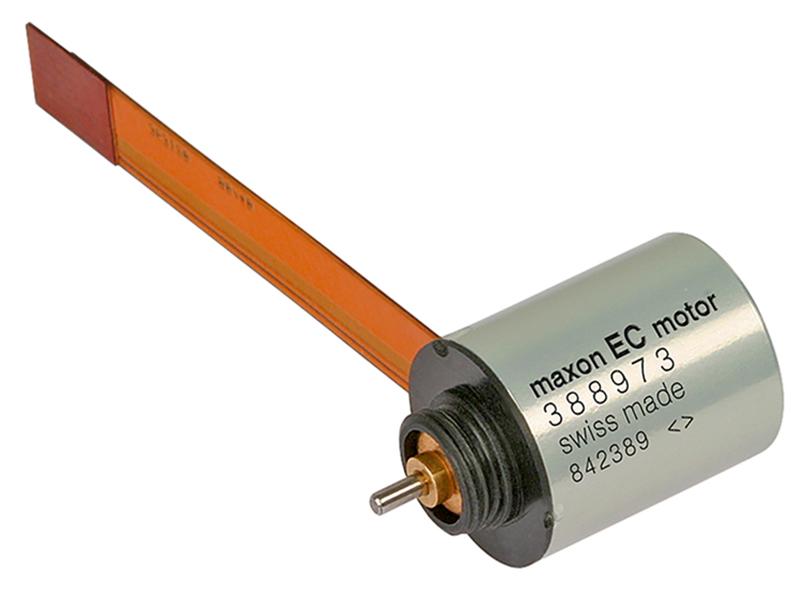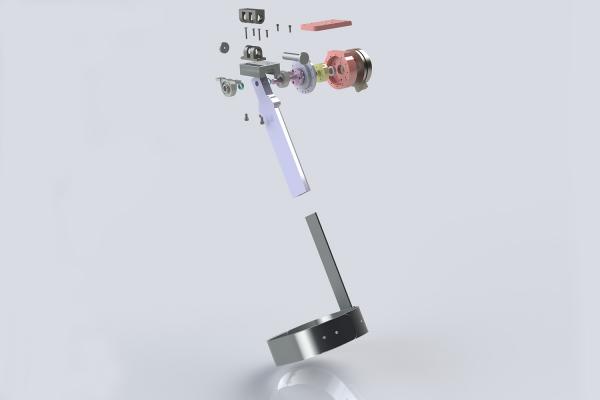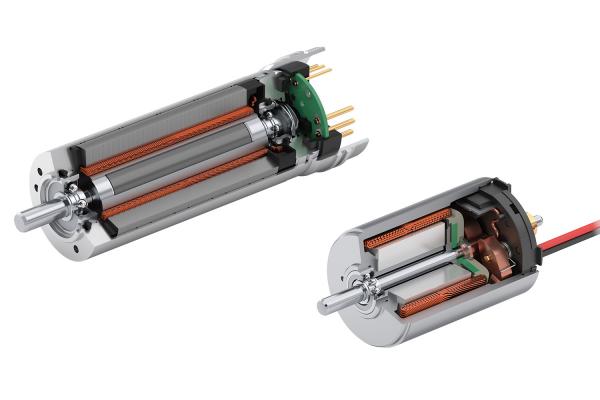It’s just a little black box that fits in any pocket, but it contains technology at the highest level: The insulin pump by the Swiss manufacturer Ypsomed, a company with the mission to make the life of diabetics easier. On demand, the YpsoPump – that’s the device’s name – injects a precisely defined amount of insulin into the patient’s subcutaneous fatty tissue through a thin needle. The benefit: Diabetics no longer need to inject themselves several times daily, but only change the hose with the needle every few days. Changing the battery and the insulin flask inside the device is also extremely easy. At a little under 80 grams, the pump is lighter than any mobile phone. Speaking of smartphones: Via Bluetooth, the pump even communicates with a notebook or phone to display vital statistics.
The pump itself has a touchscreen and can be used intuitively. The YpsoPump is especially suitable for patients with type-1 diabetes who require a continuous, reliable supply of insulin and need to balance every meal with additional insulin. “Simplicity of operation and the use of latest technologies were our main goals in the development of the YpsoPump,” says Thomas Zeltner, product manager at the Burgdorf-based company. “Feedback from patients shows us that we’re on the right track.” The product portfolio of Ypsomed also includes blood sugar measuring systems, pen needles, as well as other equipment and services that make the lives of diabetics easier. The pump consists of about 50 parts and is produced in Burgdorf. “We make the plastic parts in-house by injection molding.” maxon is a key supplier. The pump’s drive module uses a slightly modified EC 9.2 flat motor, which drives a small threaded rod. A plunger at the end of the rod pushes the liquid from the flask into the hose that leads into the patient’s body. In this regard, the injection system is very similar to the mechanism of a common syringe.

The pump consists of about 50 parts and is produced in Burgdorf.

The drive module of the insulin pump uses a modified EC 9.2 flat motor. (Photo: maxon)
However, the insulin delivery needs to be extremely precise, which is why the pump requires a high-precision drive. “The maxon DC motor is a key component of our insulin pump,” Thomas Zeltner says. “Apart from maxon, there are hardly any vendors that manufacture with a precision that is sufficient for medical applications.”
In the pump’s marketing, the name maxon is more than a side note. “We don’t simply use any little motor, but high-quality drives by the Swiss manufacturer maxon. We keep making this point to patients and visitors to our company,” Thomas Zeltner explains. Especially in medical technology, the label “Made in Switzerland” is important to ensure the trust of customers and patients alike. The strong partnership between Ypsomed and maxon is an alliance for the future: According to Zeltner, production quantities of the YpsoPump are set to rise sharply in the coming years.

Ypsomed's headquarters in Burgdorf, Switzerland
Pump helps patients with type-1 diabetes
The sugar content in our blood always changes and depends highly on nutrition. In a healthy body, the pancreas produces insulin as needed. Insulin is a hormone which ensures that glucose – i.e. sugar – can be absorbed by the cells and that blood sugar levels do not become excessively high.
In diabetics, the pancreas produces no or too little insulin. This is why diabetics need to obtain the vital hormone externally – via syringes or special pump systems like the YpsoPump. This applies mainly to type-1 diabetics, who constitute a minority of diabetes patients. Type-1 diabetes is an autoimmune disorder with no known cure to date.
About 90 percent of diabetics have type-2 diabetes, however. This type of diabetes occurs mainly in older and overweight people. A healthy diet and ample exercise are usually sufficient to keep type-2 diabetes under control or even prevent it, with no need for insulin injections.





